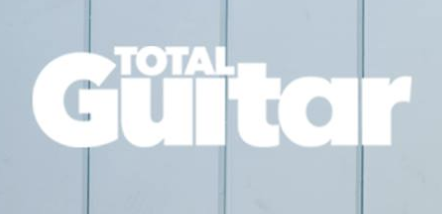The Vaccines' guitarist Freddie Cowan on going to the next level
Signature guitar, album no. 3 and more
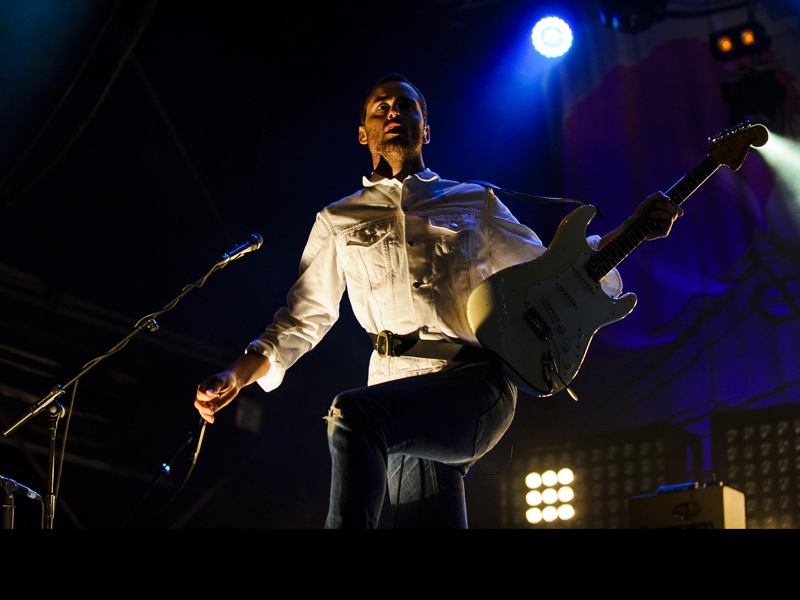
Early influences and strats
The Vaccines guitarist Freddie Cowan is having a busy year.
Farida has launched his retro-fied signature model and, as he reveals here, the next Vaccines album is nearing completion and could take the London indie four-piece to a new level…
We recently caught up with Freddie via long-distance call to New York, where The Vaccines’ guitarist is writing for the band’s third album, due out later this year.
His Farida signature guitar has also recently launched and tthough he’s no tone hound nor gear snob, Freddie is a thoughtful user of guitars, amps and effects.
He knows his stuff, but you suspect any gear talk down the pub would steer clear of brain-numbing minutiae such as serial numbers.
Who were your early guitar influences?
“Initially, I was into the usual suspects. I liked a lot of blues, I liked a lot of John Lee Hooker, Lightning Hopkins, T-Bone Walker, then Wes Montgomery. But then, as I got older, I started to respect the people who played for the song rather than being their own soloist – people like Bernard Butler and bands like Bow Wow Wow and the B-52s, PIL, Joy Division andNew Order…”
You’re often associated with Strats…
“A Strat is a very personality-less guitar. It has its own distinctive sound, but you can really make it sound however you want it to sound. And the same thing with amps, man. Vox AC30s, old Fender Deluxes, just things that are very simple and don’t get in the way of the music – because it’s all secondary to the music, that stuff.”
How has your taste in guitar gear changed over the years?
“When I was younger, I was more into Orange amps and stuff that’s a bit heavier, but I realised that simplicity comes first, so I’m always trying to cut down. Now, when we go out on tour, I’m using about half the equipment I used to use.”
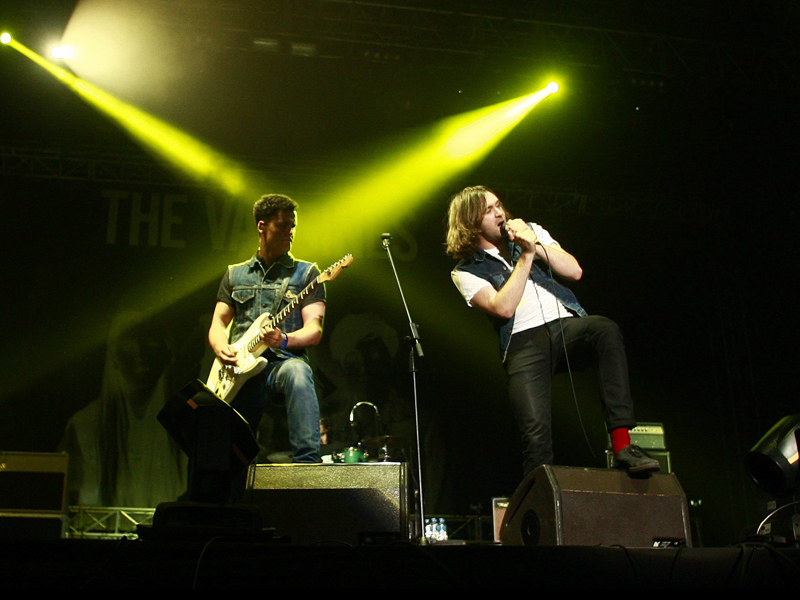
Live rig chat
Can you talk us through your live rig?
“I’ve got a couple of Strats and the Faridas, and I’ve got one of the Johnny Marr [Fender] Jaguars, which I think is amazing and was a big influence on the guitar I did with Farida. Amps-wise, I like to use these amps called Swart amps. They’re kind of like Fender meets Vox. They’re very simple, like there’s one volume knob and one tone knob. But apart from those, Fender Deluxes and AC30s.
"Fender have just put out a new ’68 reissue of the Deluxe, a ‘silverface’ model, which I think is fantastic, so I’m using that a lot in the studio at the moment. I think I might take that out on the road to drive something bigger, because I like bigger speaker cabinets.”
You use a Boss ME-70. Why did you choose a multi-effects unit?
“Initially, I just got it to experiment. I thought it would be a fun and easy way to get new sounds, thinking that I’d then have to go and get something more authentic. But then we were recording with Ethan [Johns] and looking for this vibrato sound, and we went through lots of pedals and just couldn’t find the sound. With the ME-70, we got it within three seconds and it sounded amazing.”
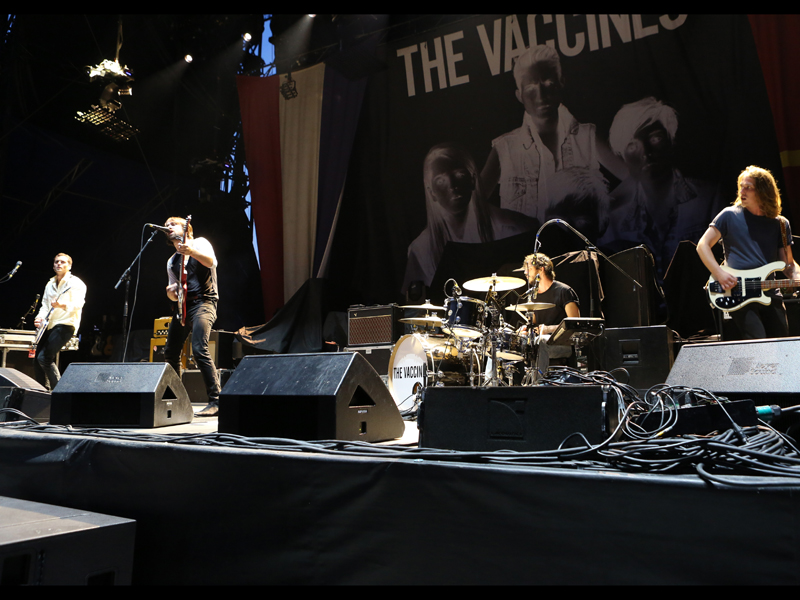
Album no. 3
You’re working on your third album. How’s that been going?
“It’s going great. We’ve been writing all over the place, mostly separately. Justin [Hayward-Young, guitar and vocals] andI spent a lot of time in New York writing. Árni [Árnason, bass] and Pete [Robertson, drums] were writing in London.
"We went to a farm, actually, in Dorset, in March, which was great. We’re going to rent another farm. It’s quitenice to go from one extreme to the other. It’s going really well. I think we’ll be recording it in the summer.”
Are you bringing in any new sounds for the album, gear-wise?
“On the new album, I’d like to find three or four really great effects and only use those.
"In any given situation [you should] limit yourself, because people have so much at their disposal these days and I think there’s something so wonderful about a signature sound – and the root of that is simplicity and consistency. So I’d really like to have justthree or four really simple sounds and just work with that. I want to keep it as simpleas possible.”
Justin suggested the band write alone before coming together. How did you feel about that?
“Well, I definitely like to have the space, but I feel like we definitely need each other as well… I think it’s great. I think variety is important.
"We just hadn’t had the space away from each other and so it seemed like the right thing to do – and it’s been great. Everyone’s been writing great songs.”
Will things change creatively on this record in the way you work?
“I think the vibe is the same because that’s the dynamic that exists between the four of us, but I think creatively, we want to do something completely different to what we’ve done before.
"I think we’re really keen not to make a kind of plug-and-play record like we did on the last one [2012’s Come Of Age]. We really like modern music and production techniques, and I think we’ll make full use of that this time round.”
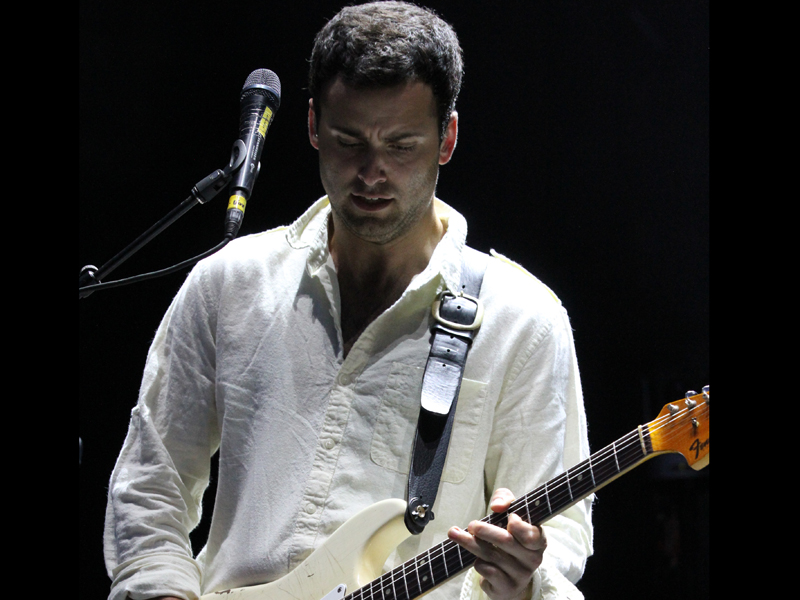
Current faves and the death of guitar music?
Are you looking at any other genres of music to get inspired?
“Well, I listened to some music in Senegal, African percussion stuff, tribal music… But I’m really loving contemporary music as well. I liked the St Vincent record a lot. Annie Clark, she’s an amazing guitar player. It’s a great record, I like that a lot. The War On Drugs’ new LP is really interesting.
“I’m also listening to a lot of Robert Fripp. I love the way the first King Crimson record sounds, and I was into the Fripp and Eno stuff a long time ago, but mainly Fripp with David Bowie. I’m listening to a lot of Bowie, a lot of Nile Rodgers, Robert Fripp and Mick Ronson. I think Bowie had an amazing knack for picking the best guitar players.
"Those three are probably my favourite guitar players of all time. They’re all very different, but they all understand music in a similar way, and for me, that’s my masterclass.
"In The Vaccines, Justin has been really key to that, playing to the song and leaving space.”
There’s not much new guitar music in the charts at the moment, is there?
“I don’t know if there really is. I think we’re in a pretty exciting time for contemporary pop music. I think bands like pushing each other to make more and more interesting records. Whether or not that involves traditional guitar music, I’m not sure. I’m not convinced it does.
"I’m not saying the guitar doesn’t have a place, but you have to be able to use it in a different way. Like on the St Vincent album, Justin was saying how it’s hard to distinguish the horns from the guitar. You don’t know, but I think that’s fantastic.
"I’m not convinced we need traditional guitar music. I think there’s more interesting places and things to be explored in music, and the guitar is such an easy instrument to manipulate. I just think people are required to use it in a more interesting way.”
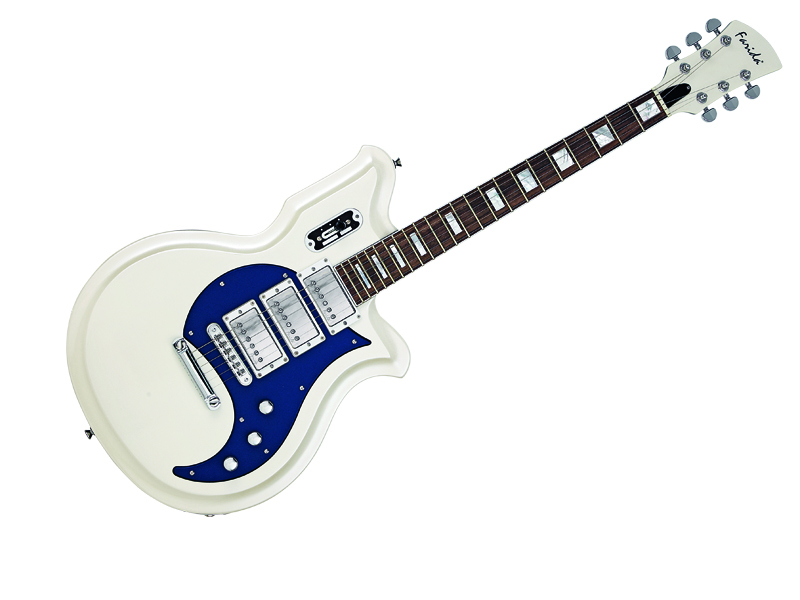
The Farida Freddie Cowan GNA TV Pro and Deluxe
Farida has released two Freddie Cowen-designed models; the GNA TV Pro (£899, limited edition of 25) and the GNA TV Deluxe (£399 with Farida jazz humbuckers and fixed bridge). Freddie talks us through the guitars’ key features
Body
“Ethan Johns gave me an Airline guitar, and I loved the shape of it, but there were certain things that I didn’t like: the tone wasn’t heavy enough, it was quite light – the tone wasn’t solid. So I had my Farida made out of alder, the same as a Strat. It’s much more versatile than the Airlines usually are. There’s a lot more sustain, more grunt when you need it.”
Neck
“The fretboard is made from rosewood, and the neck’s mahogany. It’s basically got bits of all my favourite guitars! The neck doesn’t feel like a Strat neck – I wanted to stay true to the Airlines there. It’s very easy to play.”
Pickups
“I went to see a technician about it and we had a good talk, and we thought the most readily available and best-quality humbuckers were the Seymour Duncan SH2 Jazz. We wanted it to be right, so we just went for the best.” [The Deluxe model has three Farida Jazz humbuckers].
Switching options
“We put in a pickup splitter because I really wanted to be able to get the authentic Airline tone. So if you split the pickups it allows you to make the sound a little bit less full-on.”
Total Guitar is Europe's best-selling guitar magazine.
Every month we feature interviews with the biggest names and hottest new acts in guitar land, plus Guest Lessons from the stars.
Finally, our Rocked & Rated section is the place to go for reviews, round-ups and help setting up your guitars and gear.
Subscribe: http://bit.ly/totalguitar
